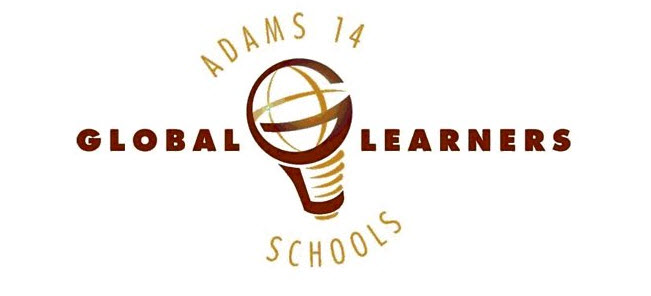
Wikipedia co-founder Larry Sanger recently criticized the Irish Secretary of Education for stating that Wikipedia was a good educational tool for children. In fact, Mr. Sanger said that Wikipedia was "broken beyond repair." Sanger cited inaccuracies and related issues with Wikipedia as reasons why children should not be using it as an educational tool.
Wikipedia has suffered some set-backs in terms of credibility including cases of high-profile inaccuracies and the recent case of an editor being revealed as lacking any real credibility in his subject area. Does this mean that Wikipedia has no educational value? The answer to that question depends on expectations for students.
When students are asked to complete a research project what are they asked to do? Frequently students are asked to write a comprehensive paper answering a question like "what role does terrorism play in world politics?" Students are paraded down to the media center and given a quick once over on plagiarism, quality sources and source vetting, and the pitfalls of the web. These students are also given a model and (sometimes) clear instructions on what to do: 6-8 pages, double-spaced, 1 inch margins, professional font, and at least 6 citations in APA style. In other words, a term paper. At the same time teachers are instructed in how to catch students who "cheat" (download term papers).
Librarians have staked out territory on whether or not to "let" students use Wikipedia for projects like this. Some say that it can't be trusted while other librarians cite studies showing Wikipedia is just as trustworthy as traditional media. What rarely seems to enter into the discussion is whether the assignment and model provided to students are worth anything.
Instead of repeating what has always been done, why not challenge students to do an original research project on terrorism as the topic. For example, introduce students to the Terrorism Knowledge Database and get them thinking about analyzing data for a region or comparing regions over time (I challenge you to do the same). Get students to use data visualization products like Many Eyes to create graphics of data from the Terrorism Knowledge Database (like bar charts, line graphs over time, or distribution maps of events across the world) or tag clouds of speeches/columns of George Bush, Dick Cheney, Tom Tancredo, Tom Friedman, and Molly Ivins and compare how often terrorism associated words are mentioned. Instead of using Wikipedia to do research on terrorism, create a collaborative wiki in your own class where students are charged with defining terrorism, describing terrorist groups, and analyzing changing terrorist tactics. Sure, much of their initial material will be derived from sources like Wikipedia, but as the project progresses the students will make cognitive extensions and start to develop their own material.
There is no question that Wikipedia has some issues to resolve to attain the level of credibility they strive for. However, the inaccuracies and scandals surrounding Wikipedia should only be a minor issue to educators. We should focus on creating assignments that challenge students to do more than traditional "research".
What do you think of Wikipedia? What are some assignments that you would suggest?


1 comment:
I would think that no, wikipedia is not bad for education. There has been an insurgence of inaccurate information; however, I think the monitors are taking precautions to remedy and future and current errors. I like the idea of wikis. I currently use one for my algebra 2b class at ACHS. It's a powerful tool and can get students motivated. I personally use wikipedia often and have no problems trusting the information provided.
Post a Comment